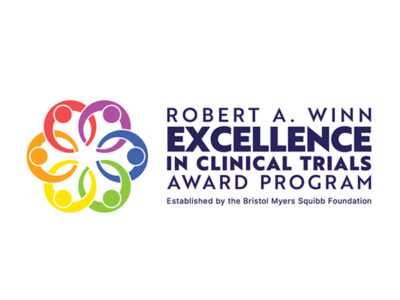Over 20 scientists whose grants have been canceled by the Trump administration presented posters on their now-terminated work at “The Things We’ll Never Know: A Science Fair of Canceled Grants.”
In a move advertised as being in line with FDA’s goal of “radical transparency,” the agency July 10 announced the publication of more than 200 complete response letters.
The U.S. Department of Health and Human Services is searching for examples of employees, grant recipients, and contractors harmed by DEI efforts of the federal government in the last five years, as part of the Trump administration’s mission to end initiatives set up to diversify the workforce and bolster opportunities forhistorically disadvantaged groups.
The United States House of Representatives July 3 voted to pass H.R.1, also known as the “One Big Beautiful Bill Act.” President Trump signed the bill into law July 4 (The Cancer Letter, July 3, 2025).
Mary BeckerleBrad CairnsMary Beckerle will step down as CEO of Huntsman Cancer Institute at the University of Utah, effective Sept. 1. Beckerle has held the role of CEO since 2006.
Kim F. Rhoads was named associate director of community outreach and engagement at VCU Massey Comprehensive Cancer Center.
John P. Leonard, an expert in lymphoma and other blood cancers, was named director of the Center for Blood Cancers and chief of the Division of Hematology and Medical Oncology in NYU Grossman School of Medicine’s Department of Medicine. The Division of Hematology and Medical Oncology is a major clinical arm of the Perlmutter Cancer Center.
Michael Byrne, a malignant hematologist at Tennessee Oncology, was named medical director for cellular therapy at OneOncology.
Arjan Gower, a hematologist/oncologist at the UCLA Health Jonsson Comprehensive Cancer Center, received a $950,000 grant from the National Comprehensive Cancer Network and Taiho Oncology Inc. to help launch a multi-institutional clinical trial to test zipalertinib, an investigational drug that targets specific EGFR mutations, including Exon 20 insertions, which are known to drive cancer growth and resist standard treatments.
The Robert A. Winn Clinical Investigator Pathway Program, a national program administered by VCU Massey Comprehensive Cancer Center, officially launched its fourth annual cohort.










